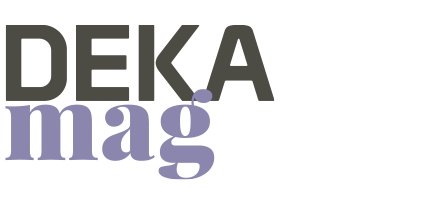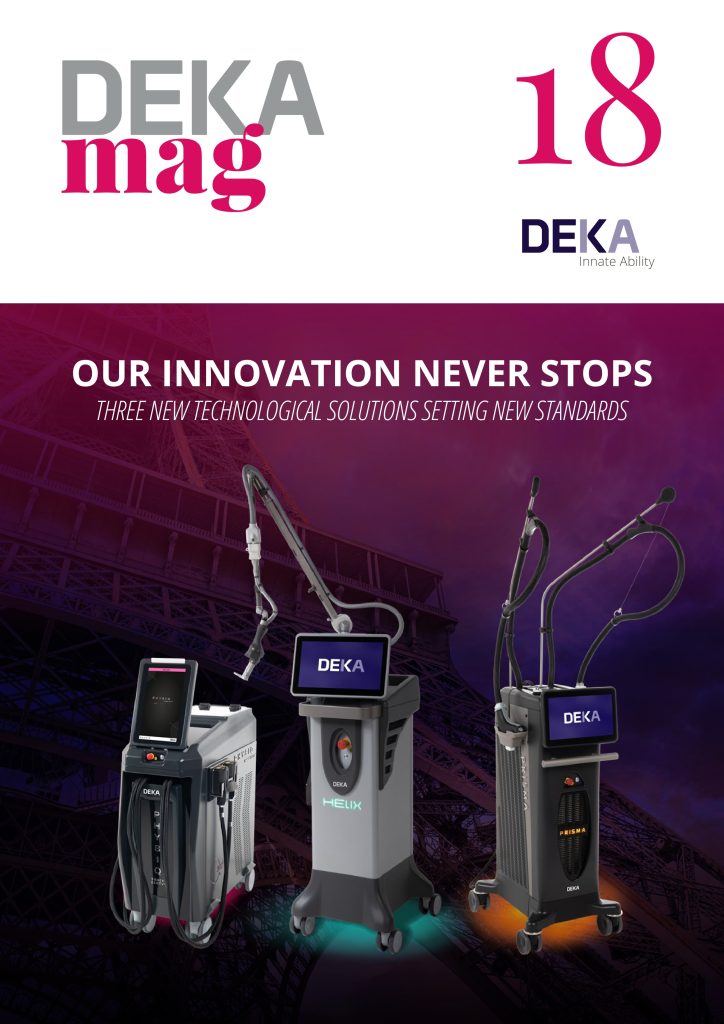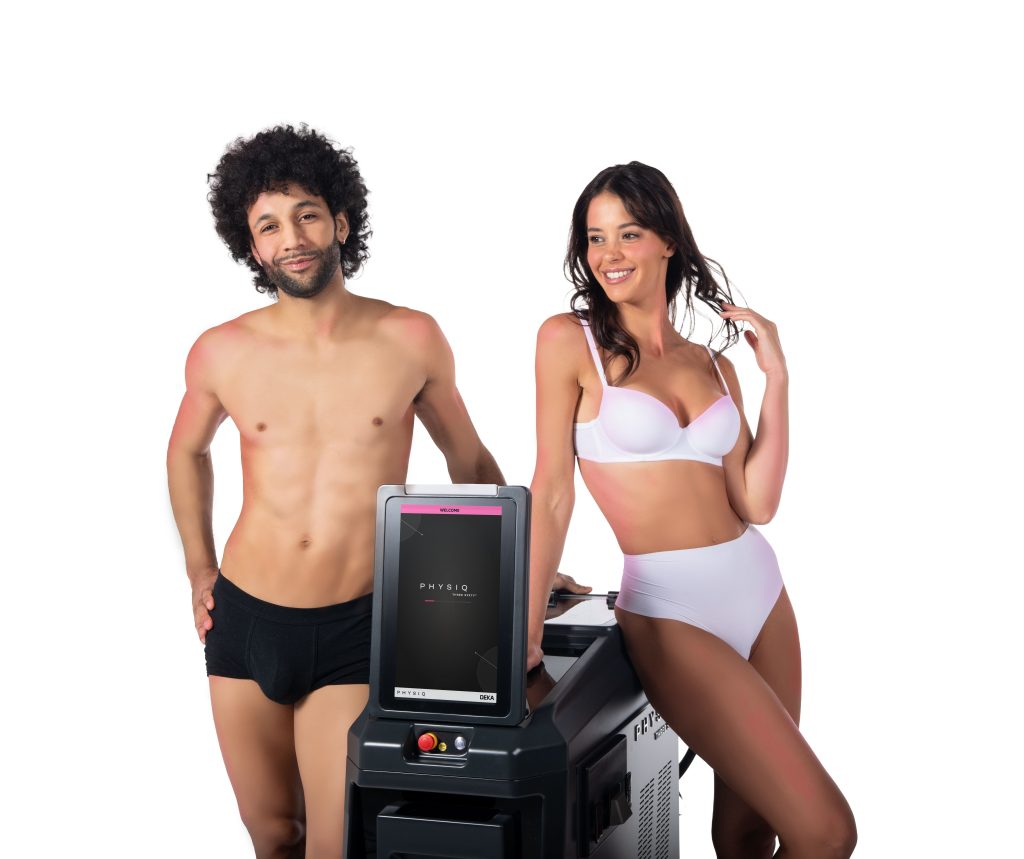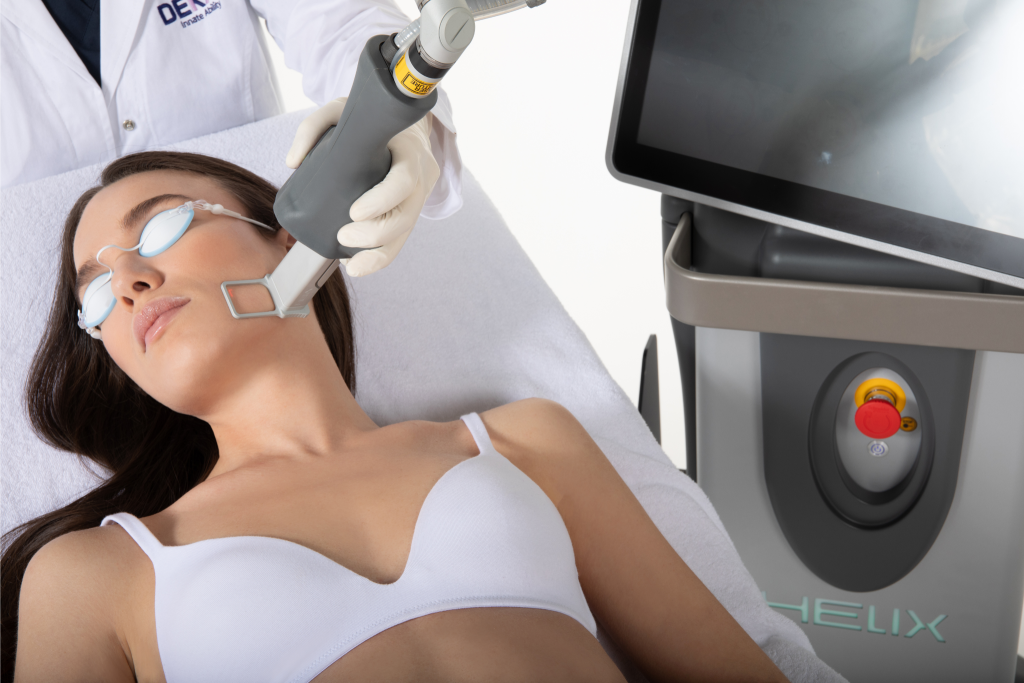
New Medical Device regulation (MDR) definitely effective from May 2021
The new European Medical Device Regulation (MDR) will drastically change the field for companies selling devices within the EU.
Those that do not meet the new requirements will no longer be able to enter (or remain in) the market.
The new Medical Device Regulation 745/2017 (MDR) regulates the placing on the EU market of medical devices, and has definitely replaced the Medical Device Directive 93/42 /EEC (MDD) from May 26, 2021.
The most significant changes introduced by the new regulation are:
- Expansion of the scope of products covered, to include devices which are not intended for medical purposes (like laser and IPLs for aesthetic treatment as hair removal, tattoo removal, skin rejuvenation). Those devices will also have to meet additional requirements (Common Specifications) still to be published.
- More rigorous requirements for clinical evaluation, requiring clinical evidence coming from manufacturers’ own devices.
- More requirements for post-market surveillance, requiring Periodic Safety Update Reports (PSURs) for class LLA and LLB devices.
- Appointment by each manufacturer of at least one person in charge of Regulatory Compliance, who is ultimately responsible for all aspects of compliance with the requirements of the new regulation.
- More requirements on technical documentation to be produced and kept by manufacturers.
- New obligations and responsibilities for economic operators involved in the supply chain: manufacturer, importer, distributor, authorized representative.
- New mandatory requirements for unique device identification (UDI).
- New unique EUDAMED database for devices and economic operators’ registration
- New classification rules
Thus, starting from May 26, 2021:
- New medical devices may only be placed on the EU market if they are in compliance with the MDR requirements.
- Existing medical devices with a valid MDD CE Certificate, may still be placed on the EU market until May 26, 2024, provided there are no significant changes in the design and intended purpose.
The MDR will significantly increase the time to market and the costs of new CE certifications. On the other hand, it can be seen as an opportunity, since only well-structured companies will be able to “survive” in this new regulatory environment.
DEKA has made substantial investments to face this new challenge, strengthening its Regulatory and Clinical Departments.
We have started the MDR Certification process in 2019 with TUV SUD, and now, after two years, we are finally close to obtaining our first MDR CE Certificate, which is expected by the end of 2021.
Paolo Peruzzi
Regulatory Affairs Manager






